Unveiling the Surprising Dangers of 18 Foods
Many people are drawn to some foods’ taste, texture, and aroma, unaware of the potential harm to their health. Consuming these foods, which may seem safe at first glance, can contribute to a multitude of health issues ranging from minor discomforts to major chronic diseases. This article highlights 18 harmful foods.
Canned Tomatoes

Although tomatoes are generally nutritious, the linings of many canned products may contain bisphenol A (BPA), a chemical associated with several health concerns. Choose fresh tomatoes or those packaged in glass jars to minimize exposure to BPA. This way, you can still enjoy the nutrients in tomatoes without risking your health.
Microwave Popcorn
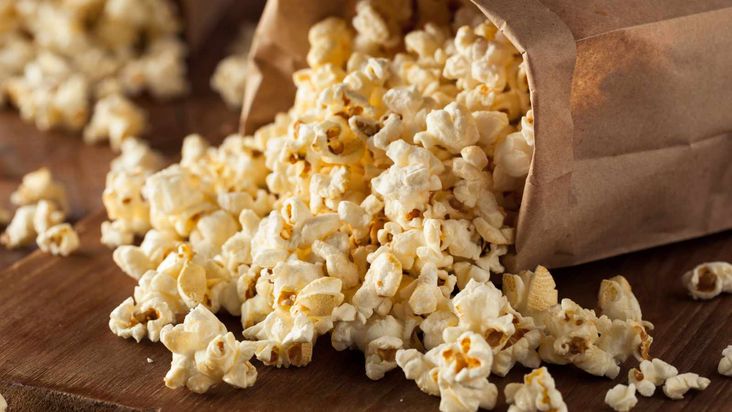
Microwave popcorn bag is often coated with perfluorooctanoic acid (PFOA). This additive is unsafe for consumption as it is associated with health concerns like kidney and liver damage, thyroid issues, and cancer. Instead of microwave popcorn, make your popcorn at home using organic kernels in a stovetop pan.
White Rice
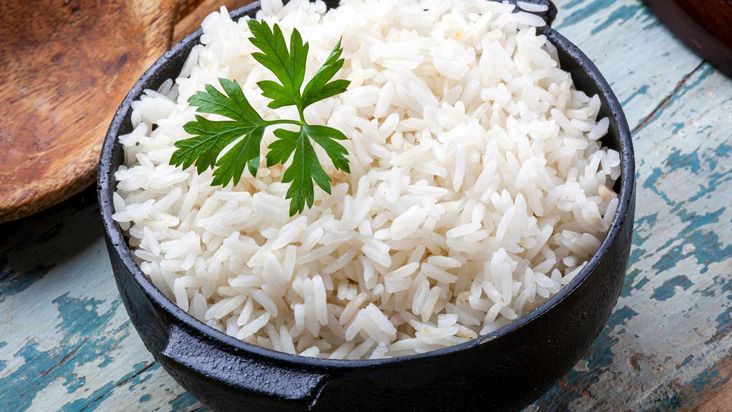
Highly refined white rice lacks the fiber and nutrients in brown rice. Regular consumption may contribute to spikes in blood sugar levels and impact overall health. Consider switching to brown rice or other whole grains that are more nutritious and healthier for your body.
Raw Honey
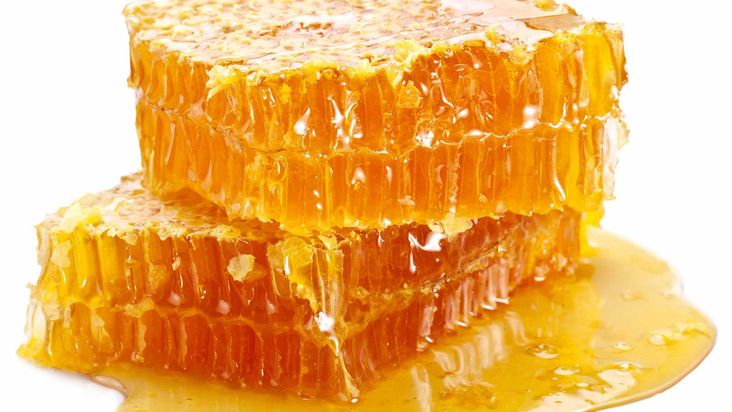
Raw honey can contain Clostridium botulinum spores, a bacterium that can cause infant botulism. It’s safe for adults but should be avoided for infants under one year old. Heating honey can destroy the spores, making it safe for all ages.
Cassava
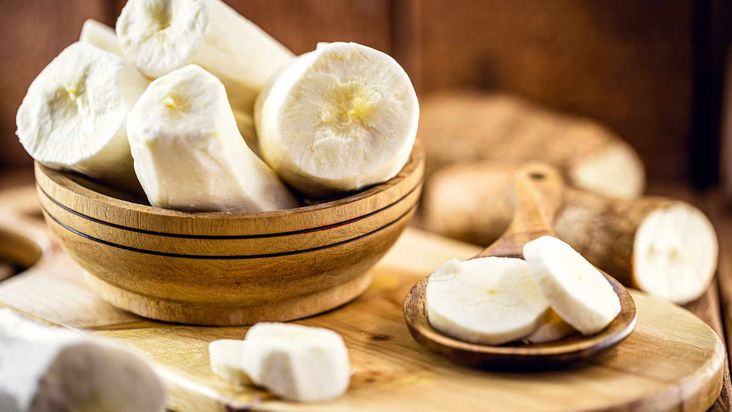
Cassava is a root vegetable that contains a natural compound called linamarin. Although it is generally safe to consume, consuming large quantities of cassava can lead to the conversion of linamarin into cyanide, which can be harmful. Cook cassava properly and avoid excessive consumption of the food.
Almond Milk
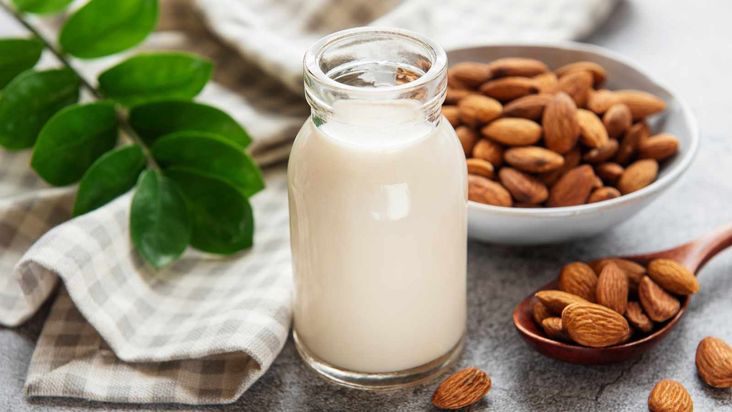
While almond milk is a popular dairy-free alternative, it may contain carrageenan, a thickening agent that may cause inflammation and digestive issues. Opt for homemade almond milk or choose brands that do not contain carrageenan to minimize potential health risks.
Licorice

Licorice root can raise blood pressure and cause potential heart issues. It also contains glycyrrhizin, which can cause mineral imbalances and impact hormone levels. Avoid consuming excessive amounts of licorice and opt for natural sweeteners instead.
Non-organic Strawberries

Strawberries are part of the “dirty dozen,” a list of fruits and vegetables that contain high levels of pesticides. These chemicals can harm your body, so choose organic strawberries or wash them thoroughly before consumption.
Flavored Yogurts

Flavored yogurts can sometimes be misleading when it comes to their health benefits. They often contain high levels of added sugars and artificial sweeteners, which can undermine the positive effects of yogurt consumption. For maximum nutrition, choose plain, unsweetened varieties and then personalize your yogurt experience by adding your favorite fruits for natural sweetness.
Farmed Salmon

Farmed salmon may contain high toxins like polychlorinated biphenyls (PCBs) due to the fish’s feed and living conditions. These toxins can adversely affect your health, so opt for wild-caught salmon or other types of fish with lower contaminants.
Sprouts

Sprouts, like alfalfa and bean sprouts, may contain E. coli and Salmonella due to the warm and humid conditions in which they are grown. While sprouts can be a nutritious addition to your diet, it is essential to properly clean them before consumption to reduce the risk of foodborne illnesses.
Cilantro
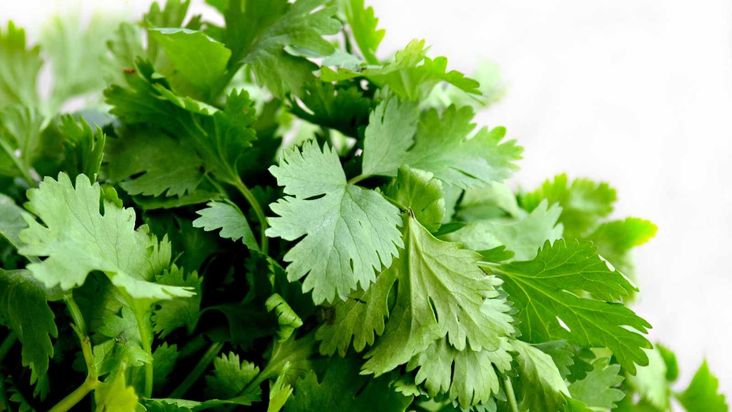
Cilantro is a popular herb used in many cuisines, but some people may experience allergic reactions after consuming it. It can also act as a natural blood thinner, so people who take blood-thinning medication should consume it in moderation.
High-Fructose Corn Syrup

High-fructose corn syrup (HFCS) is a common ingredient in processed foods and beverages. Overconsumption of HFCS has been linked to obesity, diabetes, and other chronic health conditions. Read food labels carefully and choose products with natural sweeteners instead.
Fruit Juices

Fruit juices may seem healthy, but they often contain high added sugars and lack the fiber and nutrients in whole fruits. Whole fruits or freshly squeezed juice are better options as they provide more nutrients and less sugar.
Artificial Sweeteners

Artificial sweeteners, like aspartame and sucralose, may be marketed as a low-calorie alternative to sugar, but they are not healthy. They lead to potential health concerns like weight gain and metabolic issues. Instead, opt for natural sweeteners like honey or maple syrup in moderation.
Low-Fat Foods

Many low-fat or fat-free products on the market replace fats with sugars and additives, which can negatively impact your health. Minimally processed foods that provide essential nutrients and are free from added sugars are better for your health.
Margarine

Margarine is typically made from hydrogenated vegetable oils to make them solid. The process produces harmful trans fats, which can increase the risk of heart disease and other health issues. Choose healthy fats like olive oil or avocado instead.
Bacon

Bacon is high in saturated fat, sodium, and nitrates. Consuming too much bacon can increase the risk of heart disease, obesity, and other health problems. Instead of bacon, opt for leaner protein sources like turkey or chicken.